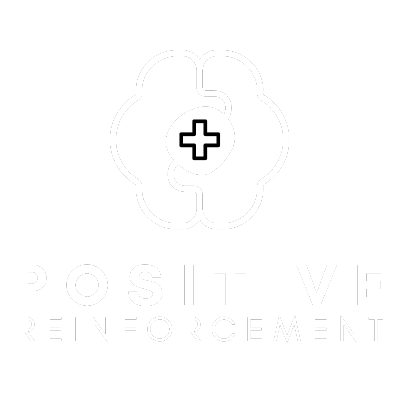What does the Research Say About ABA Therapy
What does the Research Say About ABA Therapy

Applied Behavior Analysis (ABA) therapy is an evidence-based treatment for autism and other developmental conditions. It has been used for decades to help improve children’s social skills, communication, learning, and overall quality of life. ABA is recognized as a sound treatment for autism by the American Psychiatric
Association and the American Physiological Association, as well as the U.S. Surgeon General. As of 2022, the body of research points to the fact that ABA is an effective
therapy for most individuals with autism. In spite of this, there has been some controversy with ABA in the past that has some people questioning, just how effective is Applied Behavior Analysis therapy?
ABA Therapy Explained
Most behavior therapies such as ABA are based on the philosophy of behaviorism. Behaviorism is simply the idea that by changing behaviors in a positive way, one can
improve the human condition. While this philosophy doesn’t exactly have any basis in science, ABA therapy certainly does. ABA therapists help those with autism recognize and understand inappropriate patterns of behavior and then make changes to that behavior using prescribed techniques. Therapists draft and refine plans with clear, distinct goals. Each goal is further delineated into separate steps. These steps must be objectively measurable. Then therapists are able to systematically assess their client’s progress to monitor and adjust the behavior plan if necessary. Because ABA’s entire methodology is based upon these objectively measurable
objectives, a large number of scientific studies have been able to use that data to determine the effectiveness of the overall approach.
Looking at the Data on ABA Therapy:
A 2007 report that examined 50 years worth of ABA research put forth the idea that children who undergo intensive ABA therapy at an early age make and retain more
progress in academics, social behaviors, language, and adaptive behaviors compared to control groups.
A review from 2011 took a look at 27 studies from respected, peer-reviewed journals. It reinforced that clients of ABA therapy showed improvement in cognitive abilities, social behaviors, language, and adaptive behaviors. The review went on to say that these children were reported to be less anxious and had reduced levels of aggression.
A 2012 study concluded that ABA therapy was so successful that it suggested children with autism have access to at least 25 hours of ABA therapy per week.
The Department of Education and the Department of Health and Human Services in Maine conducted a meta-analysis of 150 studies, containing 43 different treatment
approaches. The analysis evaluated the 43 methods in order to determine which were truly evidence-based treatments for autism. They judged ABA therapy as one of only a handful that met the requirements for an “established evidence-based therapy.”
Positive Reinforcement not only offers children ABA therapy services for Somerset Kentucky, North Virginia, West Virginia and surrounding areas.










